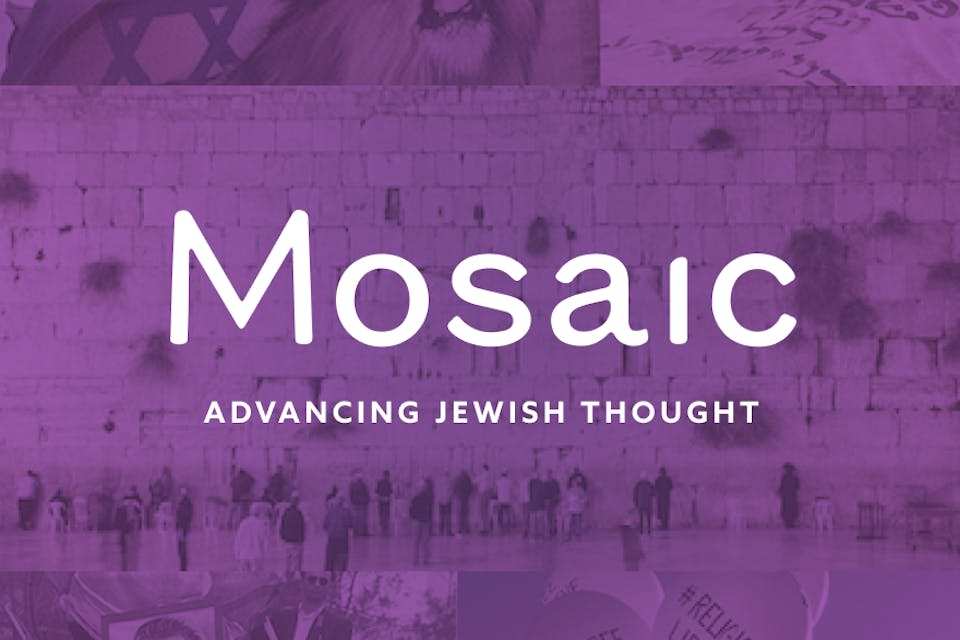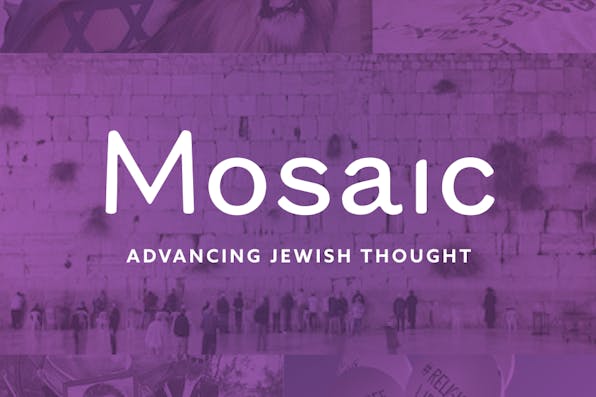
June 27, 2013
A Reply to My Respondents, and My Friends
Beyond the distinctive insights offered by each respondent, the overall result is fascinating, not least because the four responses wind up unintentionally but profoundly disagreeing with one another.
I thank Michael Fishbane, Peter Berkowitz, Gilbert Meilaender, and Meir Soloveichik for their generous treatment of my essay, for their serious engagement with its themes, and for their most interesting comments from which I have learned much—even where, as I will point out, I may still disagree with them. I am flattered by their kind remarks and, even more, gratified by the fact that they have for the most part not quarreled with my interpretation of the Decalogue. As it happens, I have known all four men for a long time (three of them for over twenty years), and I have worked with all of them in various contexts. It is thus more to friendship than to my essay’s merits that I attribute their gentle and solicitous ways of dealing with me and with it. For these double gifts of friendship I am most sincerely grateful.
The richness of the responses is owed partly to the unsurprising fact that each respondent has written from his own professional perspective and out of his own personal concerns and commitments—none of them exactly my own, yet all of them engaging my sympathetic interest. But beyond the distinctive insights offered by each, the overall result is fascinating, not least because the four responses, in differing somewhat with me, wind up unintentionally but profoundly disagreeing with one another.
Thus, Michael Fishbane, the distinguished scholar of Judaica whose interests include, in his own words, “the primary ancient Near Eastern setting and grounding of the Hebrew Bible and its secondary (and massive) reinterpretation . . . over the millennia,” uses the Near Eastern context and later texts and commentary to argue that the God of the Decalogue is essentially a god of absolute power and absolute will, who wants and demands the complete and abject surrender of independent human will. In contrast, Peter Berkowitz, a political theorist devoted to the defense of modern liberalism, emphasizes the points in my essay where the biblical teaching seems to share common ground with the founding ideas of liberal democracy, most notably the idea of human equality and the crucial principle of consent of the governed; and he sees in the Torah support for the ideas of human freedom and self-government.
Responses to June ’s Essay

June 2013
What Does the God of Israel Demand?

June 2013
The Decalogue and Liberal Democracy
By Peter Berkowitz
June 2013
Pride, Lust, Technology—and the Hebrew Bible

June 2013
Love, Particular and Universal

June 2013
The Decalogue and the Identity of God

June 2013
Why Two Covenants?

June 2013
The People Saw the Thunder

June 2013
A Reply to My Respondents, and My Friends
By Leon R. Kass